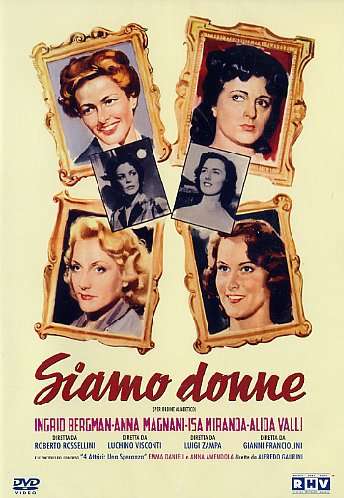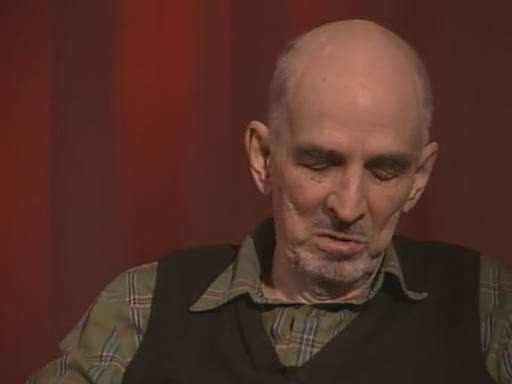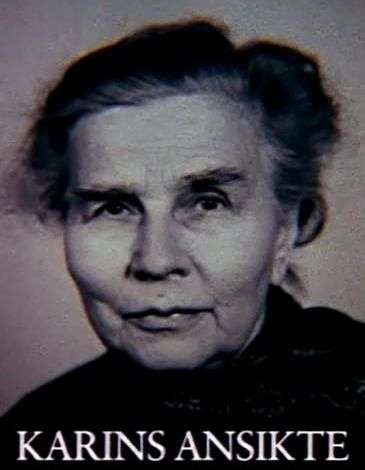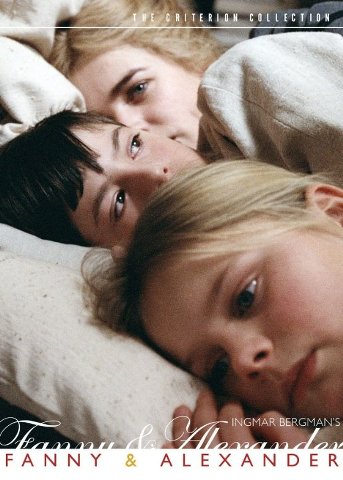Quote:
In the summer of 1984, my brother and his Greek wife came on a visit to my home on the island of Firo. He was then sixty-nine and a retired consul general. He had dutifully stayed in his post despite severe paralysis. By now he could move only his head, his breathing was jerky and his speech difficult to understand. We spent our days talking about our childhood.
He remembered much more than I did. He spoke of his hatred of Father and his strong ties to Mother. To him, they were still parents, mysterious creatures, capricious, incomprehensible and larger than life. We made our way along overgrown paths and stared at each other in astonishment, two elderly gentlemen, now at an insuperable distance from each other. Our mutual antipathy had gone, but had left space for emptiness; there was no contact, no affinity. My brother wanted to die, but was at the same time frightened of dying; a raging will to live keeping his lungs and heart going. He also pointed out that he had no chance of committing suicide because he could not move his hands.Read More »






